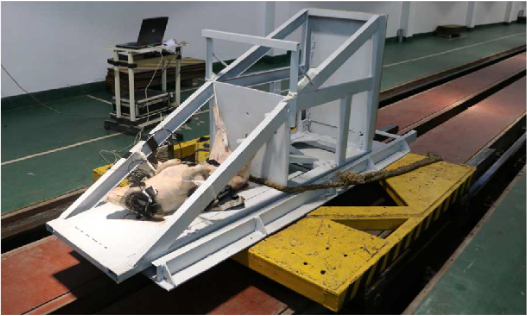
Manipulated peer review strikes again, this time with a 2015 article whose authors appear to have created a straw mathematician to make their work seem more legit.
The paper, “Fixed point theorems and explicit estimates for convergence rates of continuous time Markov chains,” appeared in Fixed Point Theory and Applications, a Springer Nature title.
Its authors, purportedly, were affiliated with institutions in China and Japan. According to the acknowledgements for the article:
Continue reading Fake peer review, made-up author take down a paper







